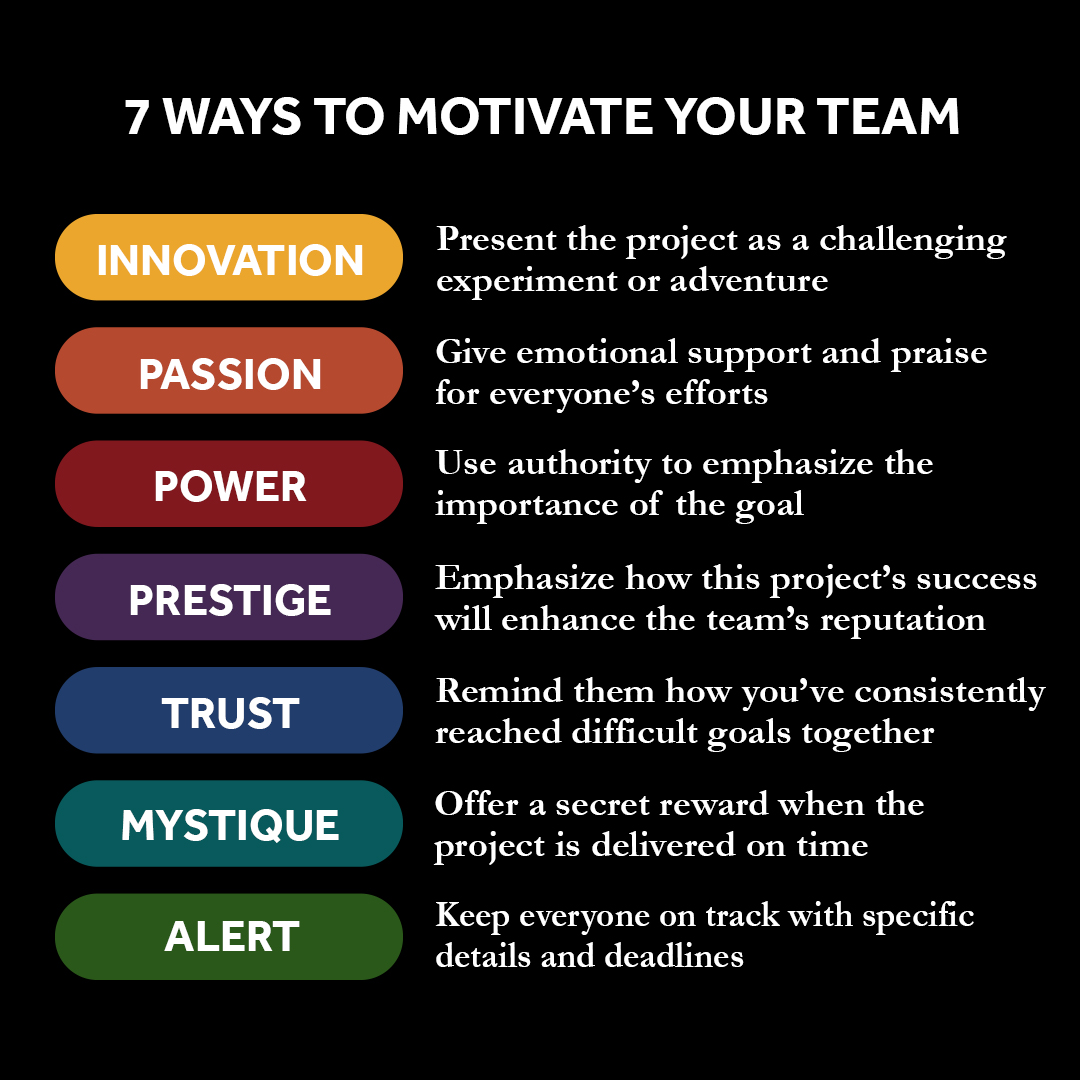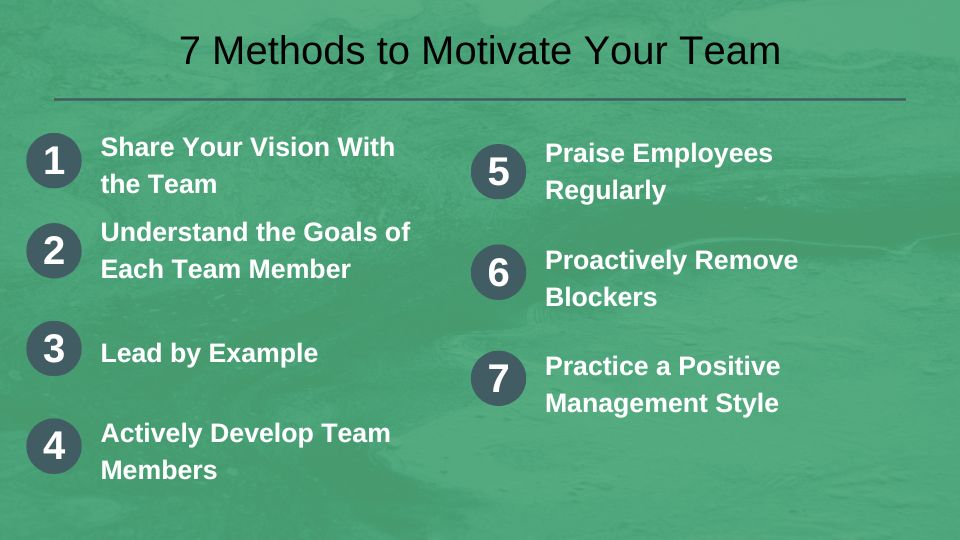How To Inspire Your Team To Achieve Results

In today's hyper-competitive business landscape, simply having a talented team isn't enough. Organizations must cultivate environments where individuals are intrinsically motivated to push boundaries and consistently deliver exceptional results. The challenge lies in understanding the diverse drivers of human performance and implementing strategies that resonate with a team’s collective and individual aspirations.
This article delves into the critical aspects of inspiring teams to achieve results, drawing upon insights from organizational psychology, leadership studies, and real-world examples. We'll explore practical approaches, emphasizing the importance of clear communication, shared purpose, and personalized recognition, all of which are vital for fostering a high-performing and engaged workforce.
The Foundation: Clear Vision and Shared Purpose
A clearly articulated vision serves as the North Star, guiding team efforts and aligning individual contributions with overarching organizational goals. According to a 2023 study by Gallup, employees who strongly agree that their company's purpose makes them feel their job is important are four times more engaged than those who don't. This underscores the power of a compelling narrative.
Communicating the "why" behind the work is essential. When team members understand how their tasks contribute to the bigger picture, they are more likely to feel a sense of ownership and purpose, driving them to exceed expectations.
Fostering a Culture of Open Communication
Open communication channels are the lifeblood of any successful team. Regular feedback, both positive and constructive, helps individuals understand their strengths and areas for improvement.
Creating a safe space for dialogue encourages team members to share ideas, voice concerns, and challenge the status quo. Active listening and empathy are crucial for building trust and fostering psychological safety, as highlighted in Amy Edmondson's research on team dynamics.
Empowerment and Autonomy
Micromanagement stifles creativity and diminishes motivation. Empowering team members with autonomy over their work fosters a sense of ownership and accountability.
Delegating tasks with clear expectations and providing the necessary resources allows individuals to leverage their skills and expertise. This not only enhances their performance but also boosts their confidence and professional growth.
Recognizing and Rewarding Contributions
Recognition is a powerful motivator. Acknowledging and celebrating both individual and team achievements reinforces positive behaviors and encourages continued excellence.
While monetary rewards can be effective, non-monetary recognition, such as public praise, opportunities for professional development, or flexible work arrangements, can be equally impactful. Tailoring recognition to individual preferences and contributions demonstrates genuine appreciation and strengthens team cohesion.
Building a Culture of Continuous Improvement
A culture of continuous improvement encourages team members to embrace challenges, learn from mistakes, and strive for excellence. Implementing processes for regular reflection and feedback allows teams to identify areas for optimization and adapt to evolving needs.
Providing opportunities for skill development and knowledge sharing equips team members with the tools they need to excel in their roles. This investment in human capital not only enhances individual performance but also strengthens the organization's overall capabilities.
The Role of Leadership
Effective leadership is paramount in inspiring teams to achieve results. Leaders must model the behaviors they expect from their team members, demonstrating integrity, empathy, and a commitment to shared goals.
Transformational leadership, as described by James MacGregor Burns, involves inspiring and motivating followers to achieve extraordinary outcomes. This requires leaders to articulate a compelling vision, foster a sense of purpose, and empower their team members to take ownership of their work.
Looking Ahead
Inspiring teams to achieve results is an ongoing process that requires continuous effort and adaptation. As the workforce becomes increasingly diverse and expectations evolve, organizations must embrace innovative approaches to leadership and engagement. The future of work hinges on creating environments where individuals feel valued, empowered, and inspired to contribute their best selves.
By focusing on clear communication, shared purpose, empowerment, recognition, and a culture of continuous improvement, organizations can unlock the full potential of their teams and achieve sustainable success in today's dynamic business environment. Investing in people is not just a good business practice; it is the foundation of a thriving and resilient organization.

![How To Inspire Your Team To Achieve Results How to motivate your team when times are tough [Infographic] - foundit](http://media.monsterindia.com/cmsimages/1468393539.jpg)
















